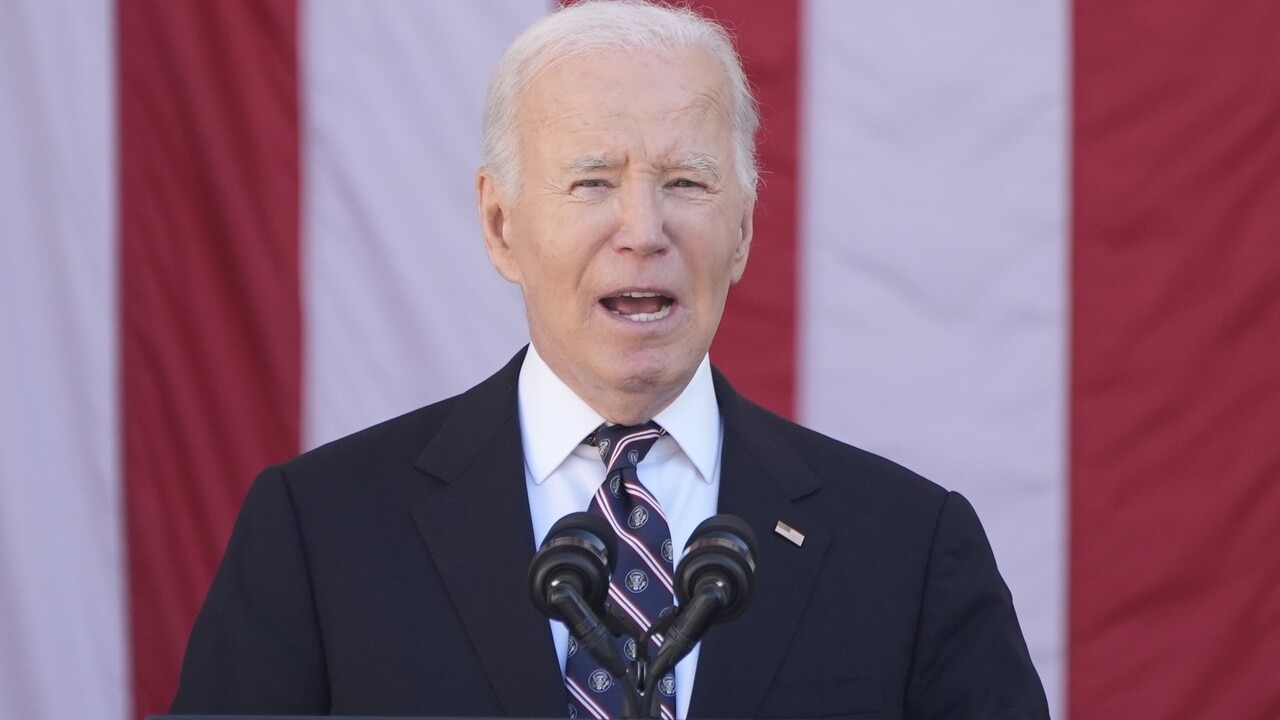The Critical Role Of Middle Managers In Bridging The Gap Between Leadership And Employees

Table of Contents
Communication: The Cornerstone of Effective Middle Management
Middle managers act as the vital communication bridge between senior leadership and frontline employees. Their ability to effectively translate, interpret, and relay information is crucial for a smoothly functioning organization. Poor communication from middle managers can lead to misunderstandings, decreased morale, and ultimately, decreased productivity.
Translating Leadership's Vision
Middle managers must effectively interpret and communicate the overall strategic goals and vision set by senior leadership to their teams. This requires clear, concise, and relatable communication, going beyond simply relaying information.
- Utilize various communication channels: Employ a multi-faceted approach, using meetings, emails, one-on-one conversations, and even informal team gatherings to ensure consistent and accessible messaging.
- Translate complex jargon: Avoid using corporate jargon or technical terms that team members may not understand. Simplify complex information into easily understandable language, using relatable examples and analogies.
- Regularly solicit feedback: Implement regular feedback mechanisms – surveys, Q&A sessions, or informal check-ins – to ensure that the message is understood and address any concerns or confusion promptly. Active listening is paramount.
Relaying Employee Feedback Upwards
Equally important is the middle manager's role in conveying employee feedback, concerns, and suggestions to senior leadership. This upward communication is crucial for ensuring that leadership has a realistic understanding of the challenges and perspectives of the workforce.
- Actively solicit feedback: Create an open and safe environment where employees feel comfortable sharing their opinions and concerns. Use various methods including surveys, informal chats, and regular performance reviews.
- Summarize and prioritize feedback: Before presenting feedback to senior management, consolidate and prioritize the information to ensure clarity and efficiency. Highlight key themes and trends.
- Advocate for their teams' needs: Middle managers should act as advocates for their teams, constructively presenting employee concerns and needs to senior leadership, ensuring their voices are heard.
Mentorship and Development: Cultivating Future Leaders
Beyond communication, effective middle managers play a crucial role in mentoring and developing their teams, fostering a culture of growth and improvement within the organization. This investment in human capital directly contributes to long-term organizational success.
Providing Coaching and Support
Middle managers are responsible for guiding, mentoring, and supporting their team members' professional growth. This involves providing regular feedback, identifying training needs, and creating opportunities for skill development.
- Regular performance reviews and feedback sessions: Conduct regular one-on-one meetings to provide constructive feedback, set goals, and track progress.
- Identifying training and development opportunities: Proactively identify skill gaps and recommend relevant training programs or workshops to enhance team members' abilities.
- Delegating tasks to foster skill development: Delegate tasks strategically to challenge team members and provide opportunities for skill development and increased responsibility.
Identifying and Nurturing Talent
Middle managers are often in the best position to identify high-potential employees and nurture their growth within the organization. Recognizing and developing talent is vital for organizational succession planning and sustained growth.
- Recognizing and rewarding exceptional performance: Acknowledge and reward outstanding contributions to motivate and retain high-performing employees.
- Providing opportunities for challenging assignments: Offer challenging projects and increased responsibility to stretch team members' abilities and promote growth.
- Mentoring high-potential employees: Invest time in mentoring high-potential employees to prepare them for future leadership roles within the organization.
Problem-Solving and Conflict Resolution: Ensuring Smooth Operations
Effective middle managers are adept at problem-solving and conflict resolution, ensuring the smooth and efficient operation of their teams. Their ability to navigate challenges and foster a positive work environment is critical for overall organizational success.
Addressing Workplace Challenges
Middle managers are often the first point of contact for resolving workplace issues and conflicts. Their ability to handle these situations effectively minimizes disruptions and promotes a productive work environment.
- Developing effective conflict resolution strategies: Implement conflict resolution strategies that are fair, consistent, and promote understanding between team members.
- Proactively identifying and addressing potential problems: Anticipate and address potential problems before they escalate into major issues, preventing disruptions and improving efficiency.
- Implementing solutions that align with organizational goals: Ensure that solutions are aligned with the organization's overall goals, policies, and values.
Enhancing Team Collaboration
Middle managers play a key role in fostering a positive and collaborative work environment. They promote teamwork, open communication, and mutual respect among team members.
- Organizing team-building activities: Organize team-building activities to improve morale, communication, and collaboration among team members.
- Facilitating open and honest communication: Encourage open and honest communication between team members, creating a safe space for discussion and feedback.
- Creating a culture of mutual respect and support: Foster a culture of mutual respect, support, and collaboration where team members feel valued and appreciated.
Conclusion
Middle managers are not merely intermediaries; they are essential catalysts for organizational success. Their ability to effectively communicate, mentor, and resolve conflicts directly impacts employee morale, productivity, and the overall achievement of company objectives. By investing in the development and empowerment of your middle managers, you are investing in the future of your organization. Understanding and leveraging the critical role of middle managers is crucial for bridging the gap between leadership and employees and building a thriving workplace. Invest in effective middle manager training programs and leadership development initiatives to strengthen your organization's performance and unlock the full potential of your middle management team.

Featured Posts
-
 Within The Sound Perimeter The Unifying Force Of Music
May 21, 2025
Within The Sound Perimeter The Unifying Force Of Music
May 21, 2025 -
 Peppa Pig Theme Park Texas Rides Attractions And Ticket Information
May 21, 2025
Peppa Pig Theme Park Texas Rides Attractions And Ticket Information
May 21, 2025 -
 Gretzkys Loyalty Legacy Tarnished By Trump Ties
May 21, 2025
Gretzkys Loyalty Legacy Tarnished By Trump Ties
May 21, 2025 -
 Dexter Resurrection Bevestigt De Terugkeer Van John Lithgow En Jimmy Smits
May 21, 2025
Dexter Resurrection Bevestigt De Terugkeer Van John Lithgow En Jimmy Smits
May 21, 2025 -
 Paulina Gretzky Channels A Soprano In A Leopard Print Dress See The Photos
May 21, 2025
Paulina Gretzky Channels A Soprano In A Leopard Print Dress See The Photos
May 21, 2025
Latest Posts
-
 Kaellmanin Ja Hoskosen Puola Ura Paeaettymaessae
May 21, 2025
Kaellmanin Ja Hoskosen Puola Ura Paeaettymaessae
May 21, 2025 -
 Huuhkajat Kaksikko Kaellman Ja Hoskonen Laehtevaet Puolasta
May 21, 2025
Huuhkajat Kaksikko Kaellman Ja Hoskonen Laehtevaet Puolasta
May 21, 2025 -
 Kaellman Ja Hoskonen Loppu Puola Kaudelle
May 21, 2025
Kaellman Ja Hoskonen Loppu Puola Kaudelle
May 21, 2025 -
 Kaellmanin Potentiaali Uusi Aikakausi Huuhkajissa
May 21, 2025
Kaellmanin Potentiaali Uusi Aikakausi Huuhkajissa
May 21, 2025 -
 Huuhkajat Saavat Vahvistusta Benjamin Kaellmanin Maalintekotaidot
May 21, 2025
Huuhkajat Saavat Vahvistusta Benjamin Kaellmanin Maalintekotaidot
May 21, 2025
